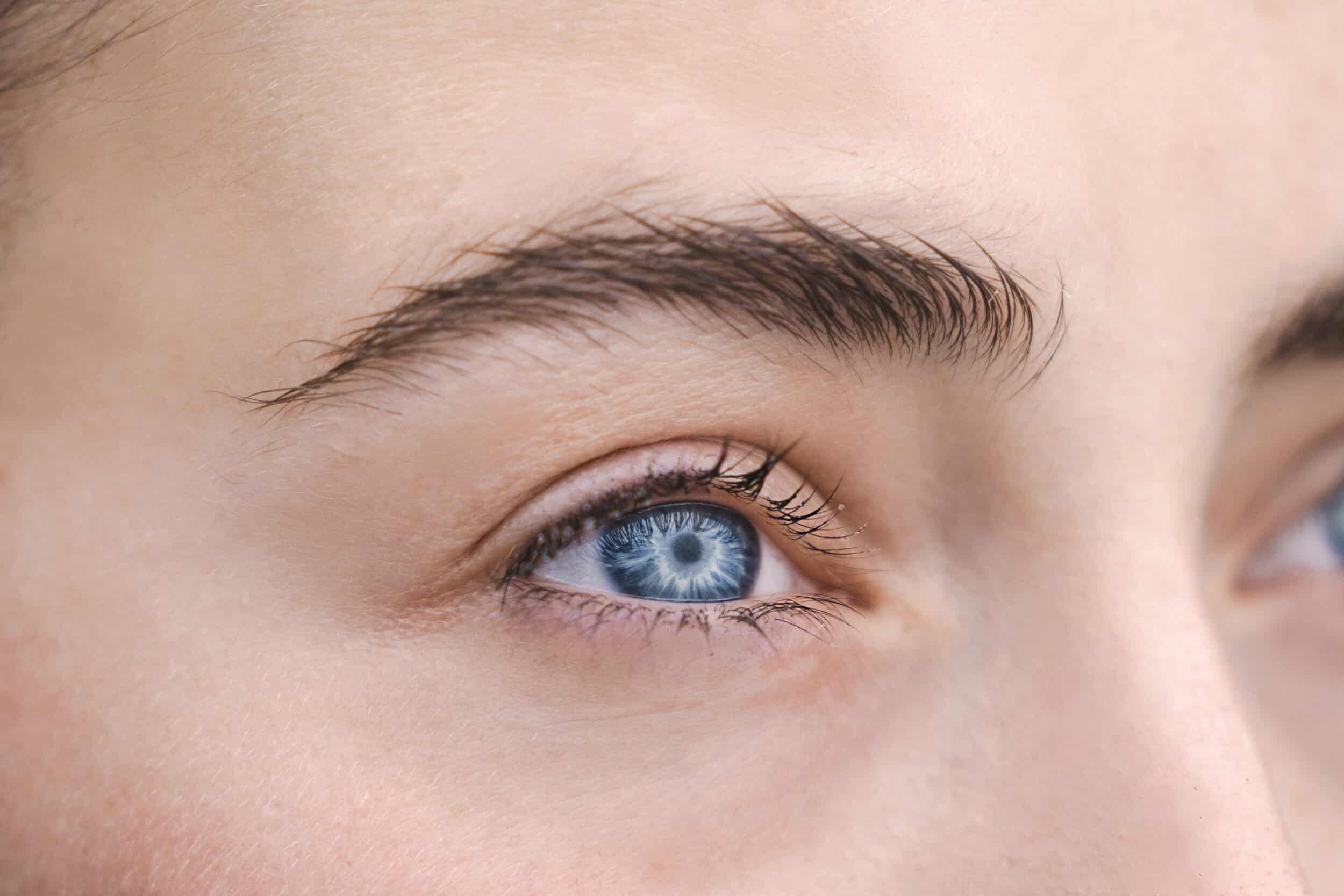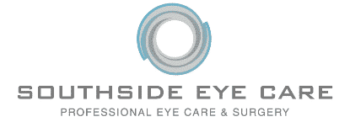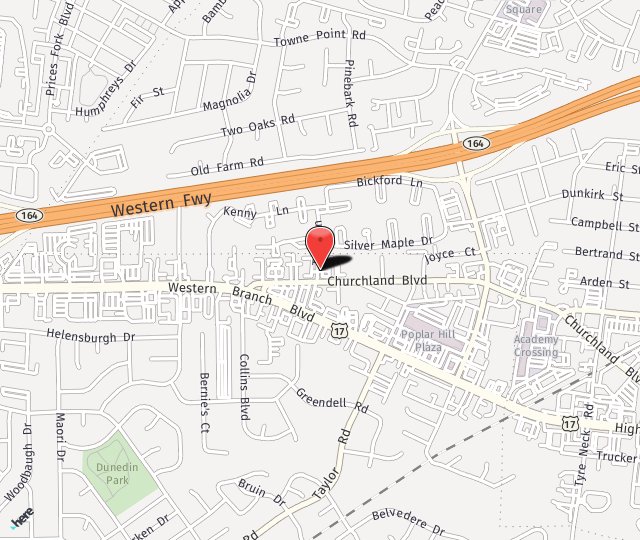Ectropion is an eye condition in which the eyelid turns outward. It typically affects the lower eyelid, exposing the inner lid in either one section of eye or across the entire lid. Ectropion prevents tears from draining from the eye correctly, resulting in irritation. It usually occurs in older adults as a result of the aging process, during which muscles, tendons and connective tissue around the eyes progressively weaken. Those who have had trauma to the face or eyes are at greater risk of developing ectropion.

Causes Of Ectropion
In addition to aging, there are a number of causes of ectropion:
- Facial paralysis due to Bell's palsy or tumor
- Facial scarring from burns or other trauma
- Eyelid growths (malignant or benign)
- Previous eyelid surgery (blepharoplasty)
- Radiation of the eyelid to treat a cancerous growth
- Excessive sun exposure
- Rapid weight loss
- Cosmetic laser-skin resurfacing
- Certain eye drop medications, such as those used to treat glaucoma
In rare cases, ectropion is a congenital condition. It is usually found in infants with another genetic disorder, such as Down syndrome.
Symptoms Of Ectropion
In patients with ectropion, tears do not drain properly into the small openings on the inner part of the lid (puncta). This poor drainage causes several symptoms that include the following:
- Eye irritation and redness
- Excessive tearing
- Pain
- Sensitivity to light
- Inflammation
- Eyes that feel dry or gritty
Patients with ectropion should be aware of its possible complications, and report any worsening of symptoms immediately.
Complications Of Ectropion
Several serious complications, including the following, can result from ectropion:
- Corneal abrasions
- Corneal ulcers
- Eye infections
Evidence of complications includes eye pain, sensitivity to light or rapidly increasing redness, or a decrease in vision. Any worsening of ectropion symptoms is a sign that vision is in jeopardy and emergency treatment should be sought.
Treatment Of Ectropion
While there are temporary-relief treatments, such as artificial tears or soothing ointment, correction of ectropion is accomplished with a brief surgical procedure in which the eyelids are repositioned. For ectropion due to muscle weakness or scars from a previous surgery, the repair procedure may include the following:
- Stretching of scar tissue
- Removal of a small section of eyelid
- Skin graft to reposition the eyelid

A patient usually needs to wear an eye patch for 24 hours after surgery. During recovery, an antibiotic and steroid ointment must be administered. Though there may be some short-term bruising or swelling after the operation, the symptoms of ectropion usually resolve immediately.
Candidates for Ectropion Surgery
Ectropion surgery is typically for individuals with persistent symptoms or complications caused by the outward turning of the eyelid. Candidates for surgery generally experience symptoms that significantly affect their quality of life or pose a risk to their health.
Ideal candidates for ectropion surgery are those whose condition has not improved with conservative treatments, such as lubricating eye drops, ointments, or eyelid taping. Good surgical candidates are in generally good health, do not have uncontrolled medical conditions, and have realistic expectations about the outcome. An eye specialist will assess the severity of the ectropion, the underlying cause, and the patient’s overall health before recommending surgery as the best course of treatment.
Benefits of Ectropion Surgery
- Restoration of Eyelid Position
- Reduced Eye Irritation
- Improved Tear Drainage
- Lower Risk of Eye Infections.
- Enhanced Comfort
- Protection from Corneal Damage
- Aesthetic Improvement
- Improved Vision
- Permanent or Long-Lasting Results
- Boosted Quality of Life
Why Choose Southside Eye Care for Ectropion Treatment
At Southside Eye Care, we aim to achieve and maintain your best possible eye health by focusing on your unique vision needs and delivering exceptional patient care. We employ highly qualified technicians encouraged to pursue certification with the Joint Commission on the Accreditation of Healthcare Personnel in Ophthalmology (JCHAPO), ensuring that our team is skilled in assisting with eye tests and procedures. Our dedicated staff and experienced physicians work together to deliver the attentive, personalized care that sets us apart. Whether you need reconstructive surgery for conditions like ectropion or other specialized eye care services, you can trust Southside Eye Care to provide expert treatment in a caring environment.
Our team includes highly respected professionals like Dr. Michael R. Keverline, Dr. Theodore Hallberg, and Dr. Ian Uber, who bring extensive training and decades of experience to our practice. Their combined expertise and commitment to patient-focused care make Southside Eye Care the ideal choice for treating ectropion and maintaining your overall eye health.
Ectropion Treatment FAQs:
Will Ectropion Get Worse Without Treatment?
There is a high likelihood that the out-turned eyelid will worsen over time. Early treatments for ectropion focus on alleviating dryness and other symptoms and protecting the eye from abrasions. As you age and the tissue around your eye weakens, the eyelid may require surgical repair. Surgery may also eventually be needed to remove scar tissue that is pulling the eyelid outward if ectropion is the result of a traumatic eye injury.
How Do I Prepare for Ectropion Surgery?
If you and your doctor determine that surgery is needed to correct your ectropion, you will receive detailed pre-surgical care instructions. It is important to follow your doctor's instructions. These are meant to reduce your surgical risks and improve your body's ability to repair itself. If you smoke, cessation will be a top priority. You must strictly avoid smoking for several weeks before surgery as well as during your surgical recovery. In the weeks leading up to your procedure, you will also need to avoid products that thin the blood. If you take prescription blood thinners, talk to your ophthalmologist and the prescribing physician about recommendations prior to surgery. Over-the-counter products that have blood-thinning effects include aspirin, ibuprofen, fish oil, garlic, and ginseng, to name a few.
What Happens After Surgery to Repair Ectropion?
You will need to arrange to have a loved one drive you home after your procedure. There, you will follow your written care instructions. These outline how to care for the skin as it heals.
Your post-treatment recovery experience will depend on the type of procedure you've had done. For example, if you have a skin graft, you may need to wear a padded dressing for a day or two longer than someone who has more conservative ectropion repair. Even with the bandage, you can expect to feel quite a bit better 24 hours after surgery. When you first return home, you should rest as much as you need. The following day, you may get up and move around but must not engage in any strenuous activity. You may start resuming normal exercise approximately two weeks after your procedure. You may use over-the-counter pain relief if you're experiencing minor discomfort.
Post-operative care instructions should be easy to follow. If you have any questions, please do not hesitate to contact the office for assistance. In addition to keeping your wound dry, you may need to apply antibiotic ointment to the eye area once or twice a day. It is normal for the eye to feel scratchy and irritated, both inside and out. Some discharge is also normal, as are swelling, redness, and bruising. These side effects look worse before they begin to look better. Expect worsening for 24 to 48 hours, and then gradual dissipation. You may apply cool compresses or an ice pack to the area for about 10 minutes at a time, as often as once an hour, to help the swelling to resolve more quickly.
Does insurance cover ectropion surgery?
Yes, health insurance typically covers ectropion surgery when deemed medically necessary. Since the condition can cause irritation, infection, and vision issues, it is often classified as a functional rather than a cosmetic procedure. Your insurance provider can provide specific details.
What’s the difference between ectropion and entropion?
Ectropion is when the eyelid turns outward, exposing the inner surface, while entropion is the eyelid turning inward, causing eyelashes to rub against the eye. Both conditions can lead to irritation and require treatment, but they differ in their eyelid position and underlying causes.
Is ectropion surgery painful?
Ectropion surgery is generally not painful due to local anesthesia. After surgery, mild discomfort, swelling, and bruising are common, but prescribed pain medication and cold compresses can help alleviate these symptoms.
Can ectropion be treated without surgery?
In mild cases, ectropion can be managed with non-surgical treatments, such as lubricating eye drops, ointments, or eyelid taping. However, surgery may be necessary for long-term correction or if symptoms persist.
Can eye drops help with ectropion symptoms?
Yes, lubricating eye drops and ointments can help relieve dryness and irritation caused by ectropion. These treatments do not correct the eyelid position but can minimize discomfort and protect the eye.
Are follow-up appointments needed after ectropion treatment?
Yes, follow-up appointments are crucial to monitor healing and ensure the surgery’s success. Your eye specialist will assess the eyelid position, check for complications, and recommend further care.
Schedule An Ectropion Appointment in Chesapeake
Ectropion is a condition that does not seem too bad at first. However, if it is left untreated, it can start to affect your overall quality of life. Being more sensitive to light, having blurry vision, and suffering from severe eye pain is something no one should have to deal with. In the most severe cases, ectropion can even cause blindness. That is why we offer our patients high-quality ectropion treatment. Take control of your Ectropion symptoms today by scheduling an appointment with us today!
If you would like to eliminate the discomfort caused by ectropion, please call us at 757-484-0101 or contact us online and we will get back to you as soon as possible. Our doctors are certified by the American Board of Ophthalmology and have the experience required to make sure your treatment is as easy as possible. We proudly serve Chesapeake and surrounding communities.

